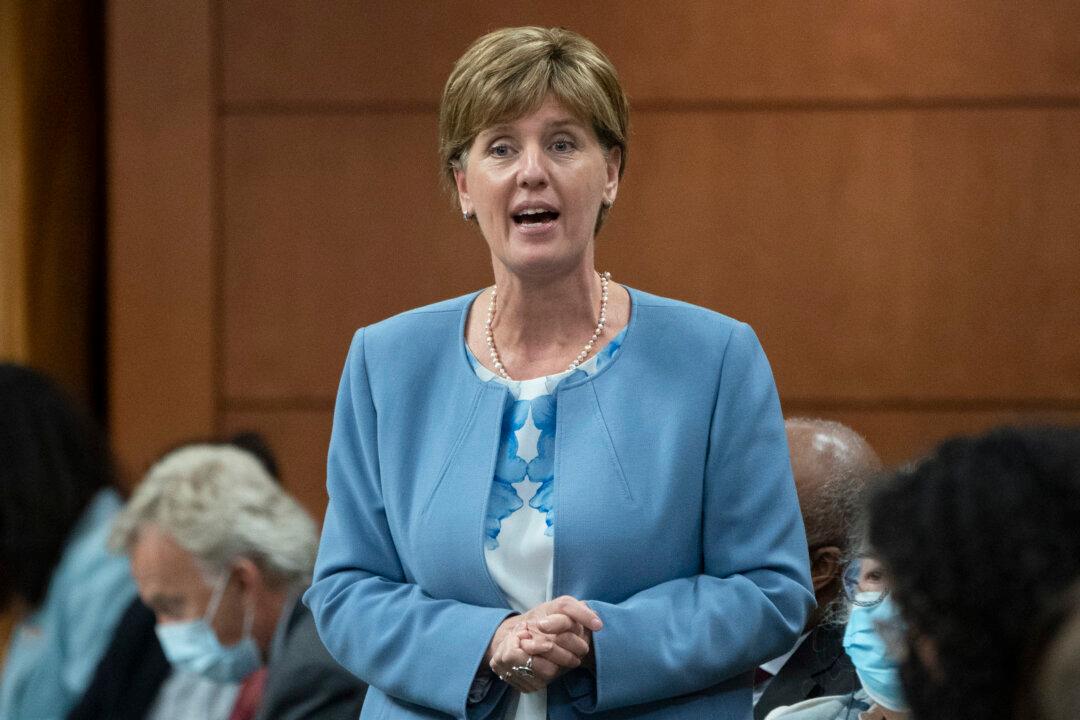The federal government’s voluntary 30 percent emissions reduction target for fertilizers will not become mandatory in the future, says the Department of Agriculture and Agri-Food Canada (AAFC).
“The objective of the national target for fertilizers is to reduce emissions, not to establish a mandatory reduction in fertilizer use,” wrote the AAFC in an email to The Epoch Times.





